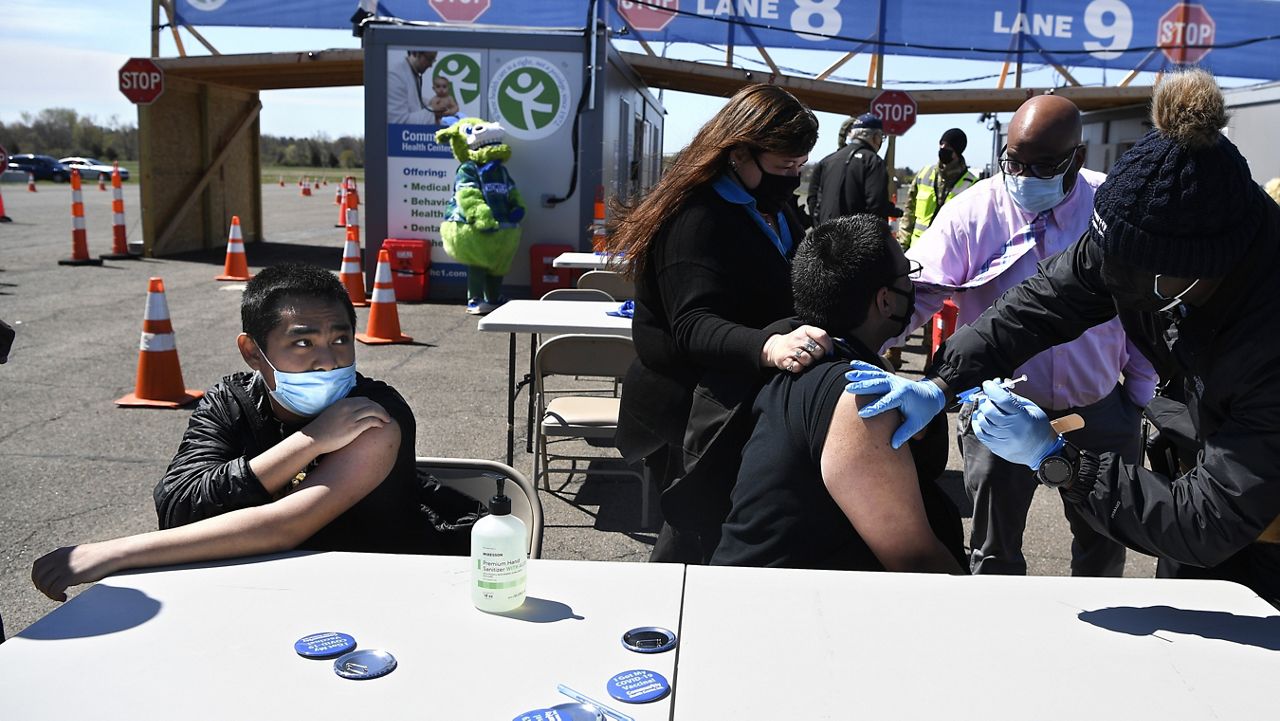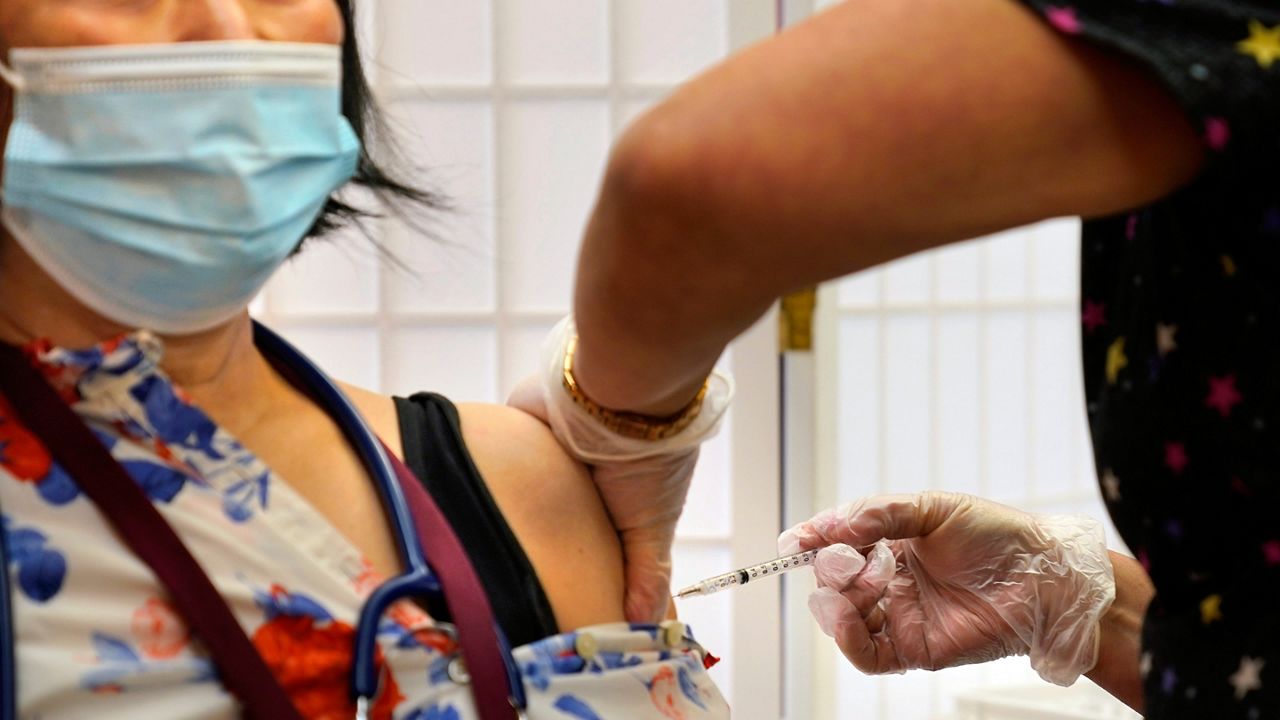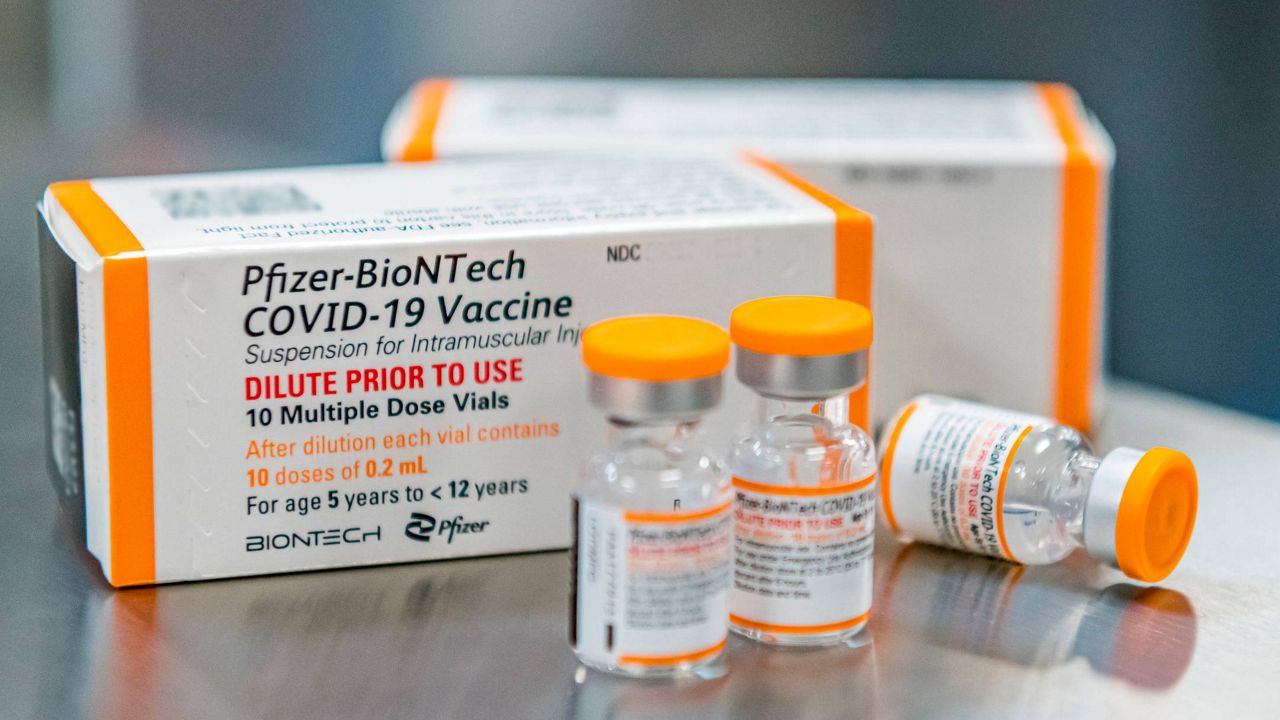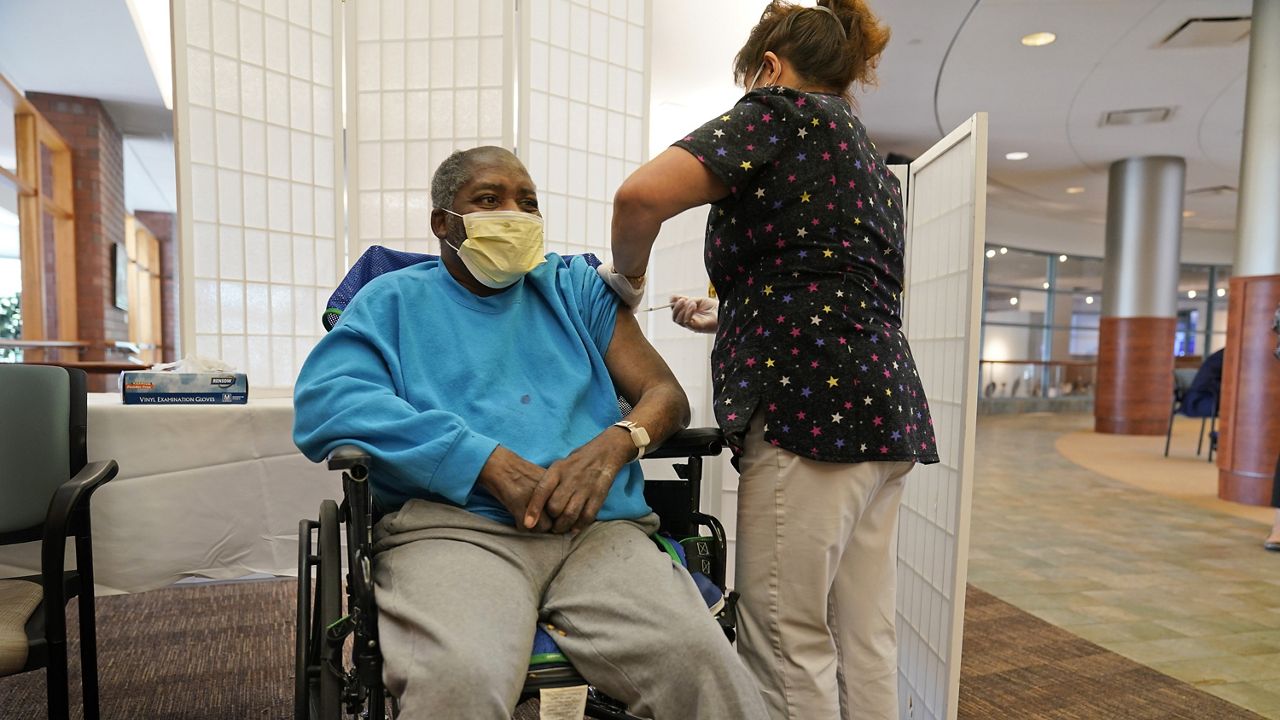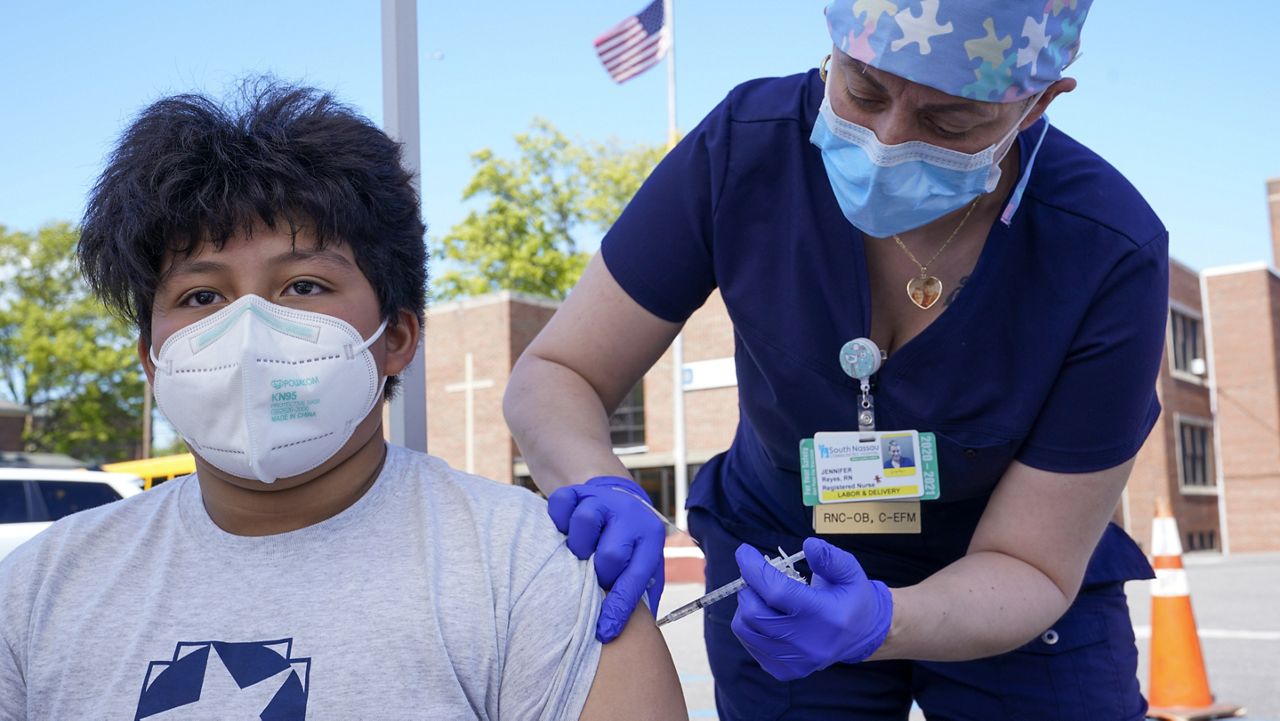The U.S. Food and Drug Administration (FDA) granted Pfizer’s request Monday to expand Emergency Use Authorization of its COVID-19 vaccine to children between the ages of 12 and 15 – a major step ahead for the United States in its ongoing fight against the pandemic.
Scientists were optimistic about early results: Pfizer and BioNTech announced in March that in a late-stage clinical trial, that its vaccine "demonstrated 100% efficacy and robust antibody responses," in over 2,200 participants ages 12-15, "exceeding those recorded earlier in vaccinated participants aged 16 to 25 years old."
Patricia Stinchfield, an immunization expert and nonvoting member of the CDC’s advisory committee, also touted its efficacy among young people in an NPR interview earlier Monday, noting that the Pfizer vaccine appears to be “very” effective in the adolescent age group.
“In this group, it appears to be 100% effective,” Stinchfield told NPR, noting that not a single adolescent in the study contracted COVID-19. The benefits, she believes, far outweigh the risks.
Many young people – eager to return to a more “traditional” school year this fall – may well be inclined to agree.
But a yes from the FDA doesn’t necessarily mean a yes from parents – and a new survey released last week highlights a degree of skepticism among many parents and caregivers in the U.S.
A study from April by the Kaiser Family Foundation’s COVID-19 Vaccine Monitor found that just 3 in 10 parents said they would be willing to get their children vaccinated as soon as it becomes available.
According to the Kaiser study, among all parents surveyed regardless of age, 29% said they would get their children vaccinated right away, while 32% would take a “wait and see” approach to observe how the vaccine is working in others. Meanwhile, 15% said they will only get their child vaccinated if it is required by the child’s school, and 19% said they definitely won’t get their child vaccinated.
Among parents of children in the 12-15 age group, which might receive EUA imminently, the figures are similar: 30% would get their kids vaccinated immediately, 26% would wait a while, 18% would only do it if required, while 23% would definitely not get their child vaccinated.
Per Kaiser, parents’ intentions for vaccinating their children against COVID-19 largely line up with their own vaccination experiences and intentions.
“Among parents who have already received at least one dose of the vaccine or want it as soon as possible, three-fourths say they will either get their children vaccinated right away (48%) or will wait a while to see how it’s working (29%)," the study read. "Among parents who are still in “wait and see” mode when it comes to their own vaccination, 63% say they will also wait and see before getting their child vaccinated. Similarly, about six in ten (58%) of parents who say they will definitely not get vaccinated for COVID-19 themselves or will do so only if required say they will definitely not vaccinate their children.”
As of Monday, over 152 million people have received at least one dose of the COVID-19 vaccine, according to data from the Centers for Disease Control and Prevention (CDC).
Keri Rodrigues, a co-founder of the education advocacy group the National Parents Union, told The Associated Press that she rushed out to get vaccinated after becoming eligible but has more trepidation about immunizing her oldest son, who is 13. She plans to go ahead with it, ultimately, in part because he is demanding it.
“He has cabin fever and he wants to get out,” she said. “Obviously parents are torn right now because you are watching your kids really go through an emotional struggle, especially our teens. I think we are all taking a leap of faith, but I think what we have to do is trust science in this moment.”
One teen, Emma-Kate Stibler, recently shared her experience in a Pfizer COVID-19 vaccine trial Knoxville News Sentinel – reporting feeling common symptoms after recieiving the shot – in an attempt to encourage others to get vaccinated when they can.
“If we got it authorized, I would say that everyone who can should get vaccinated,” the 13-year-old said. “It’s not scary. If you’re vaccinated, it’ll help get back to normal like everyone wants.”
Pfizer said in an earnings call last week that it plans to seek Emergency Use Authorization as early as September for children between the ages 2 and 11.
"We expect to have definitive readouts and submit for an EUA for two cohorts, including children age 2-5 years of age and 5-11 years of age, in September,” Pfizer CEO Albert Bourla said last week.
Officials are hoping that extending vaccinations to children will drive down the nation’s caseload even further and allow schools to reopen with minimal disruption this fall.
The Associated Press contributed to this report.





